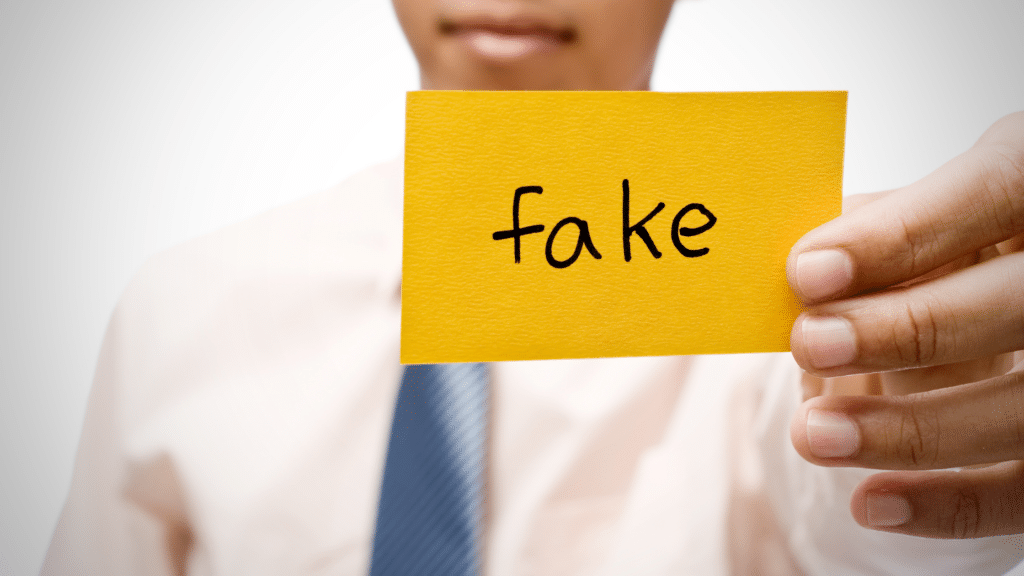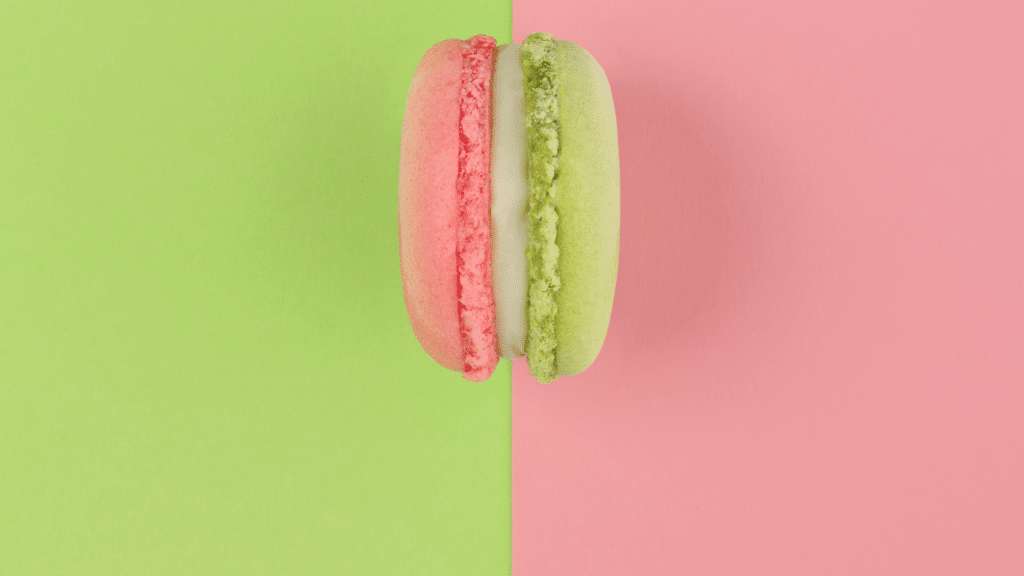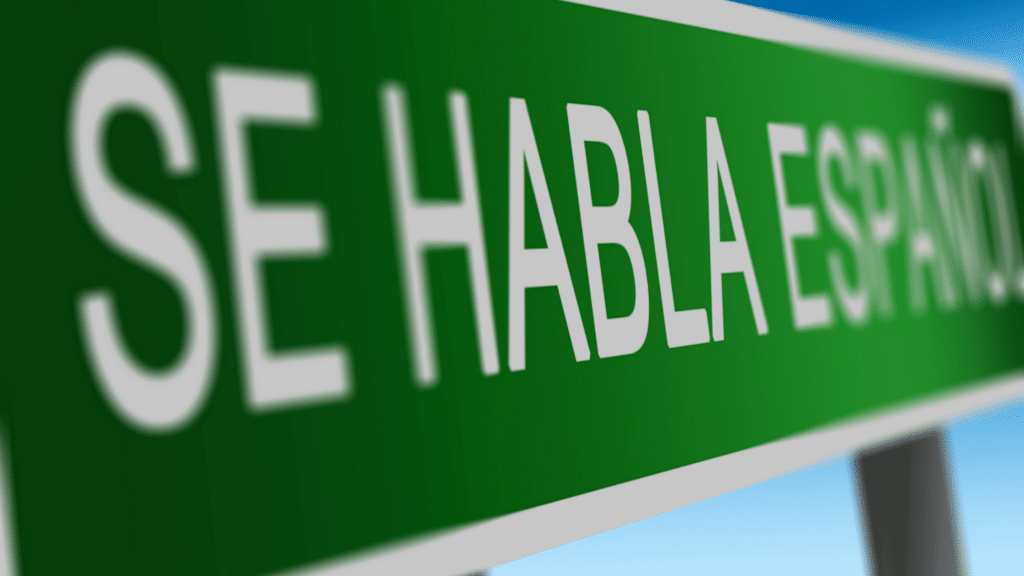
15 False Cognates in German
False friends, or “false cognates” are words that look, and often sound the same, but do not mean the same thing in two different languages. False friends exist between many languages. For example, the English word “pain” has a French false friend. “le pain”, which does not mean “pain”, but bread. The Spanish word “burro” (donkey) has an Italian false friend, “burro” which is “butter” in Italian.
 German has numerous false cognates with English as well. For example, the German noun “das Bad” (bathroom, or bath) is spelled the same as “bad” (not good). The two words, apart from the capitalization, look identical, but don’t mean the same at all. “Die Hose” (the pants) is not the same as “the hose” in the backyard, which would be “der Schlauch” in German.
German has numerous false cognates with English as well. For example, the German noun “das Bad” (bathroom, or bath) is spelled the same as “bad” (not good). The two words, apart from the capitalization, look identical, but don’t mean the same at all. “Die Hose” (the pants) is not the same as “the hose” in the backyard, which would be “der Schlauch” in German.
 Here are 15 more examples of English/German “False Friends”.
Here are 15 more examples of English/German “False Friends”.
1. gut means good
2. gross means big/large
3. hell means bright, light
4. fast means almost
5. bald means soon
 6. die Wand means the wall
6. die Wand means the wall
7. der Tag means the day
8. der Fall means the case
9. das Handy means the cell phone
10. der Rock means the skirt
 11. der Chef means the boss/manager
11. der Chef means the boss/manager
12. das Gift means the poison
13. der Mist means the dung
14. also means so, thus
15. herb means bitter, harsh
 The chart below shows the actual meaning of the false friends in English. It also includes the actual German word for the English word that first comes to mind when looking at the false German friend.
The chart below shows the actual meaning of the false friends in English. It also includes the actual German word for the English word that first comes to mind when looking at the false German friend.
 Are there any false cognates between English and your language? We would love to hear them!
Are there any false cognates between English and your language? We would love to hear them!
Learn other basic German phrases.





Responses